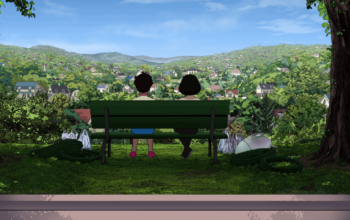Russia imposes stricter rules on bloggers

Russia’s upper house of Parliament has sanctioned a law that will impose stricter rules upon Internet bloggers. The law has now come into effect and has been met with substantial reproach.
The State Duma lower house had already backed the regulation in April and it only required the Russian president Vladimir Putin’s signature to go into force. Both chambers are dominated by the United Russia party which is loyal to the president.
The Federation Council approved greater restrictions on popular Russian blogs and websites that attract more than 3,000 daily visits. According to the government such controls are necessary “to formalise the definition of blogging in Russian law”.
Tightening online activity is not new in Russia. For the last few years the Russian government has been developing a collection of tools devised for regulating online space. It imposed a series of laws aimed at child protection and combating piracy.
Critics perceive the piece of legislation is an attempt by Putin to suppress online dissent and will allow the president to silence opponents who organise protest and are mostly refused air-time on state-controlled television channels.
With 61 million users, Russia is Europe’s fastest-growing Internet audience, according to a 2013 report by industry body comScore, blogs have been seen by Putin’s opponents as one of the few platforms beyond the Kremlin’s reach.
A Russian blogger and online media expert Anton Nosik commented: “The new policy is to restrict free information exchange, restrict expression of opinion, be it in written text, speech or video. They want to restrict everything because they’re headed towards the glorious past.”
The move is described by some as “a draconian rule” that will compel bloggers with more than 3,000 daily readers to register with the mass media regulator Roskomnadzor and conform to mass media protocol.
The Kremlin denies allegations of censorship or pressure on the media and said: “Russians have the right to express their opinions and stage protests.”
Putin has described the Internet as a “CIA project” and parliament has approved the changes requiring social media websites to retain Russian servers and saving information about them for at least six months.
LiveJournal, one the Russia’s leading blog platform, appears to be standing up to the new rules.
The day after the lower house approved the blogging law, LiveJournal director Dmitry Pilipenko announced: “The site would no longer display the number of subscribers a blog had if the figure exceeded 2,500.”
Bethany Bishop






















Facebook
Twitter
Instagram
YouTube
RSS